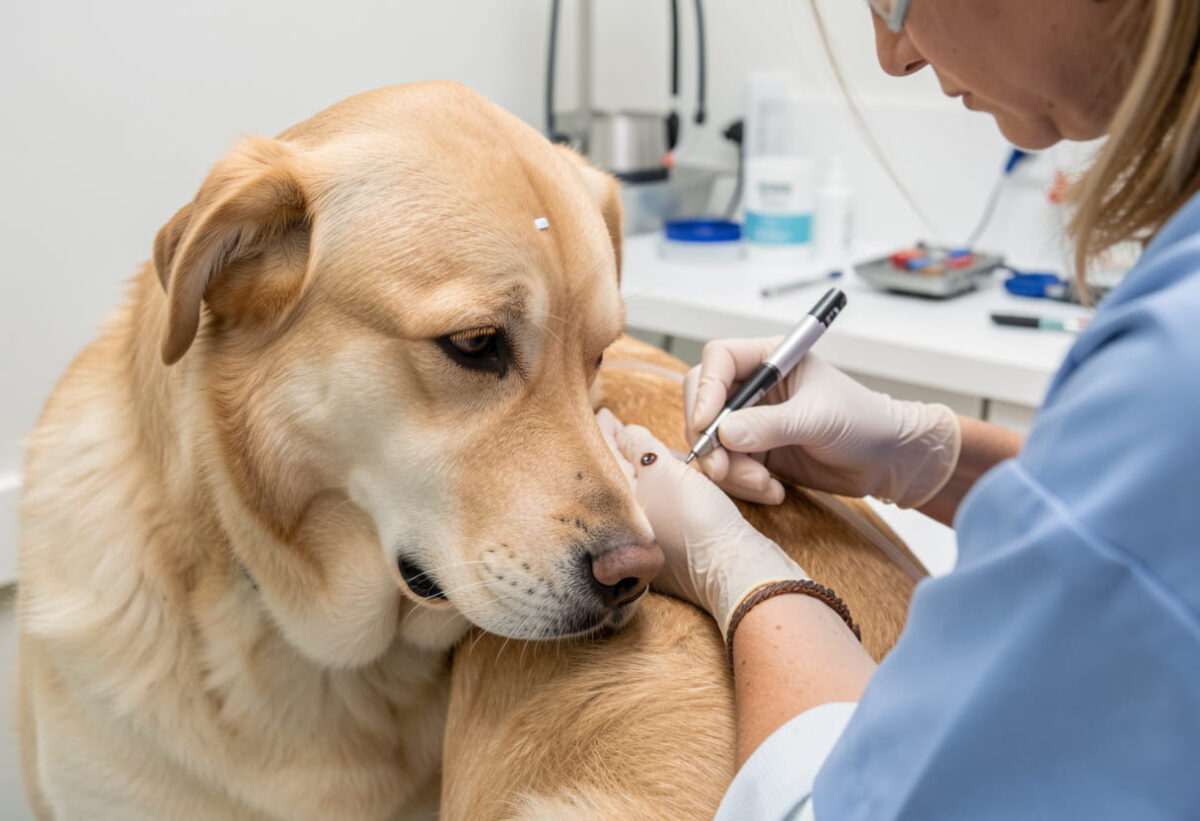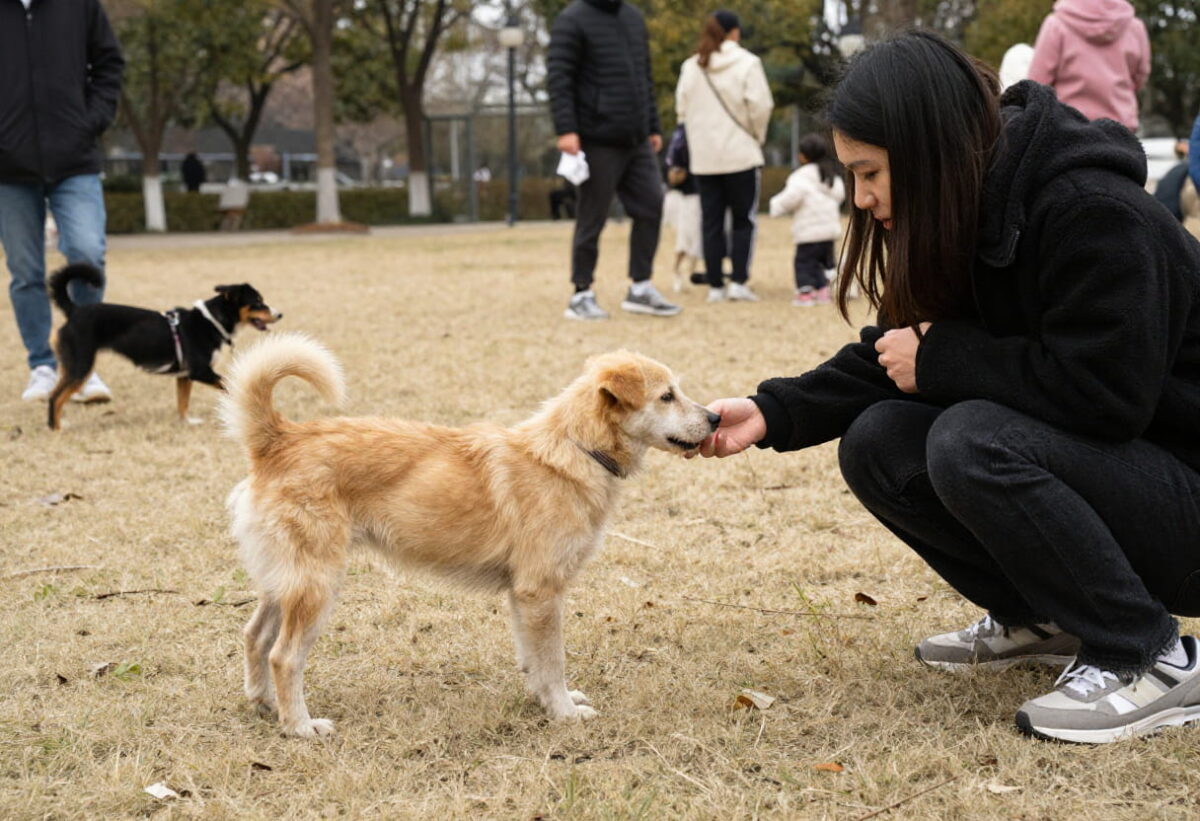Causes of Blindness in Pets&Prevention Measures

Just like humans, pets can also experience blindness, yet many pet owners may not be familiar with its causes, symptoms, and preventive strategies. Dr. Dilip Sonune, the director of veterinary services at Wiggles.in, explains that various factors, ranging from poor nutrition to old age, injuries, or accidents, can lead to blindness in pets.
Common Causes of Blindness:
Glaucoma: Increased pressure in the eye, often due to genetics or other conditions like uveitis, eye tumors, or lens luxation.
Cataracts: Characterized by painless cloudiness in the eye, leading to partial or complete blindness. Common causes include uveitis in cats and factors like genetics and diabetes in dogs.
Old Age: Similar to humans, advancing age can contribute to blindness in pets.
Suddenly Acquired Retinal Degeneration Syndrome (SARDS): A condition in dogs causing sudden blindness, even in previously healthy dogs, with unknown causes.
Progressive Retinal Atrophy (PRA): An inherited disease more common in dogs, occasionally seen in cats.
Injury or Trauma: Damage to the brain, eyes, or surrounding areas can result in blindness.
Dr. Sonune emphasizes that underlying health conditions such as diabetes, heart disease, kidney disease, liver disease, and systemic diseases can also lead to blindness in pets.
Symptoms of Blindness in Pets:
Early detection of symptoms can aid in preventing complete blindness. Look out for the following signs and seek veterinary care if observed in your pet:
Fearful or hesitant movement
Colliding with furniture or objects
Excessive anxiety or jumpy behavior
Difficulty finding food, water, or toys
Abnormal eye appearance (cloudiness, swelling, redness)
Irritation or discomfort near the eye area
Reluctance to explore new surroundings
Prevention Measures:
Dr. Sonune suggests the following preventive measures to safeguard your pet’s vision:
Nutritious Diet: Incorporate foods rich in vision-boosting nutrients like broccoli, eggs (without yolk), fish, blueberries, and carrots. Consult your veterinarian before making dietary changes.
Eye Hygiene: Regularly clean your pet’s eyes with pet wipes, baby wipes, or a damp cloth to prevent infections.
Hair Trimming: Trim the hair around your pet’s eyes to minimize irritation and reduce the risk of eye infections.
Car Safety: Avoid letting your pet put their head out of car windows to prevent injuries from debris or dust, which can lead to infections.
By staying proactive and implementing these preventive measures, pet owners can help maintain their furry companions’ eye health and minimize the risk of blindness.





